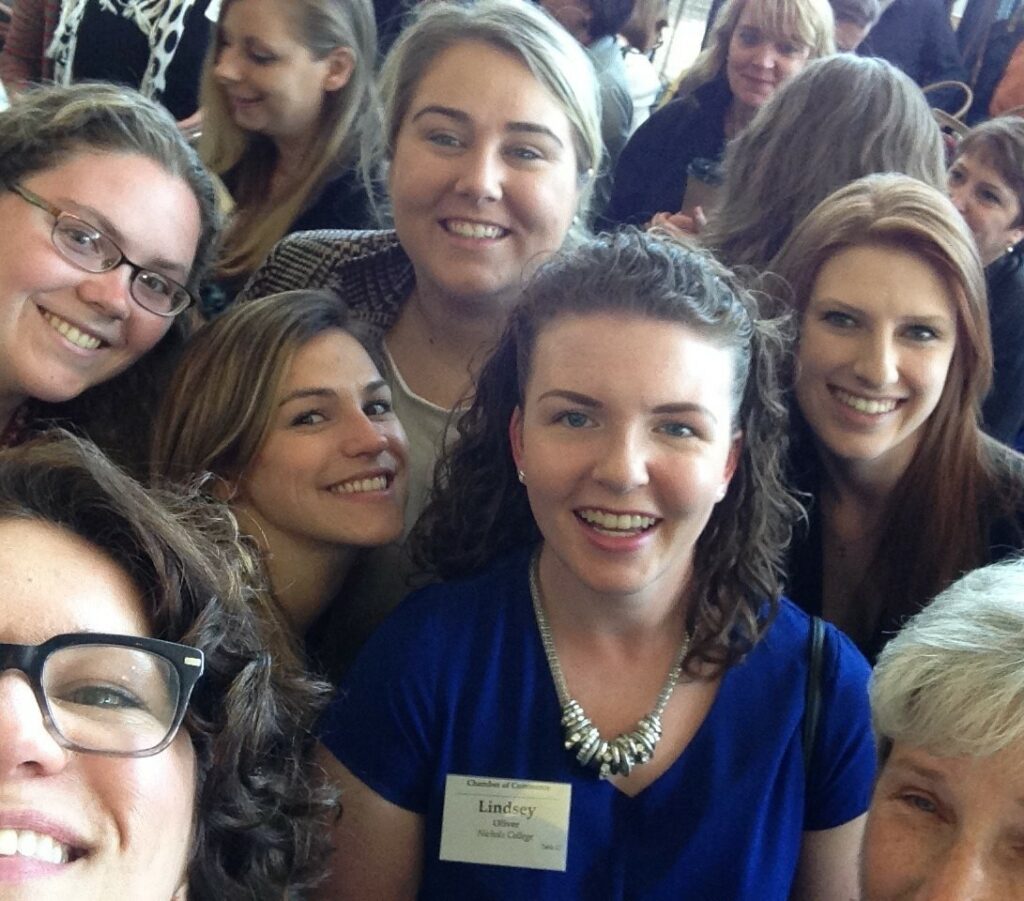Written by Sam Walther MSC ’20
With the US Women’s Soccer team continuing to make headlines in their fight for equal pay, we would like to think that progress has been made across the board for gender equality in sports. Yet, those hopes were set back this past fall sports season, when Kent State University decided to end a Division I Field Hockey double overtime game with no winner at 10:30am in order to set off fireworks for the Kent State football game on time at 12pm. This certainly outraged many who heard the story through the media, but it sends a much harsher message to the field hockey players who were participating in that game. To minimize their sport and their efforts in order to have fireworks, a very unnecessary component for the football game, sends a direct message that the display of a men’s sport is more important.
In quick response to the actions taken by Kent State officials, the National Field Hockey Coaches Association released a statement criticizing the incident. President Anthony Whitcomb rightfully argued:
“While we understand that the fireworks were deemed to be an important part of Kent State University’s Family Weekend festivities which featured the home football contest, we cannot understand why the university would seemingly prioritize a daytime fireworks display over the completion of a Division I Women’s Field Hockey contest… We ask those in administrative and leadership positions at Kent State University to do some soul searching and to take responsibility for the lack of judgment and poor decision-making that was displayed on September 7. Putting pregame fireworks ahead of the completion of an NCAA Division I contest seems shortsighted at best and harmful to the development of female student-athletes at worst.”
Many female athletes have continuously heard, seen, and read comments on social media that men’s sports are just more entertaining because men are faster, stronger, and more competitive. Some of that may be true. Men may inherently be faster and stronger on average, but the does not mean the compete level, dedication, and passion for the sport is any greater than that of female athletes. It’s time to change the image of women’s sports and this starts with equal access and equal coverage. If women’s sports are to continuously make it on the big stage similar to the US Women’s Soccer team, young athletes need to see their passion and grit firsthand in order to be inspired by them. It’s on sports networks, broadcasting companies, the NCAA, individual colleges and universities, and all other stakeholders from the collegiate to professional levels to showcase the talents of female athletes to the same extent that men are showcased. And in the case that the women prove to be more successful, pay them their worth.

